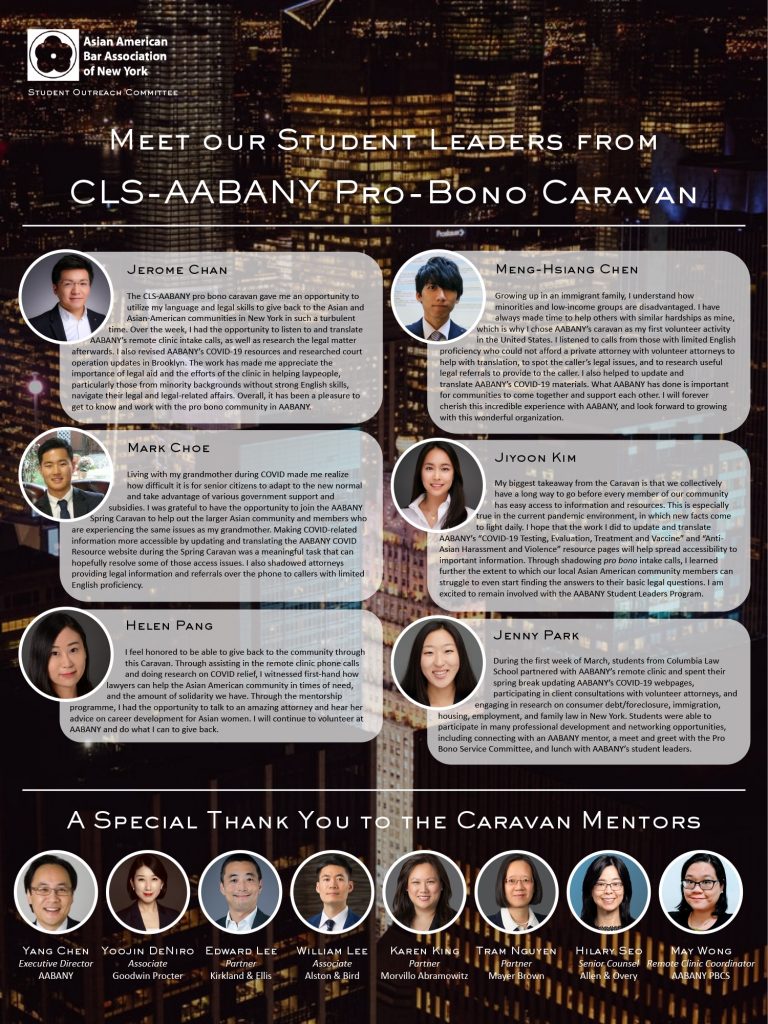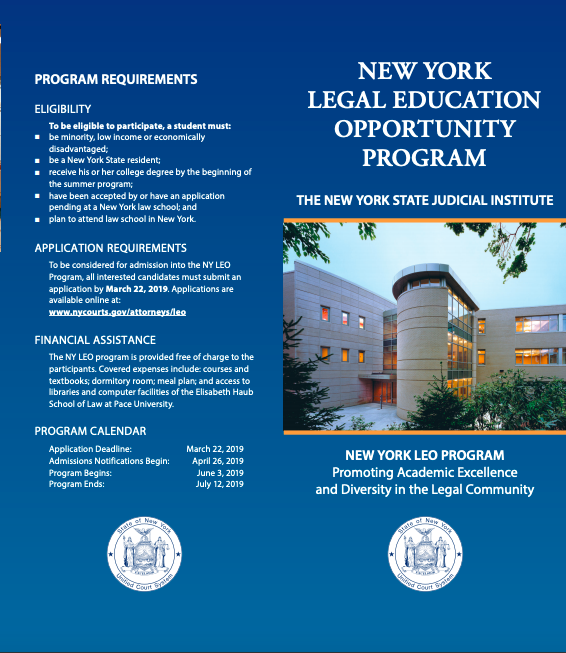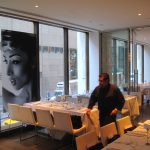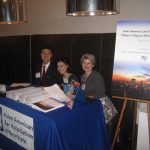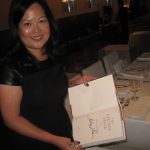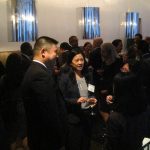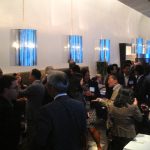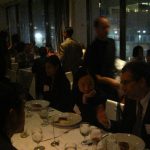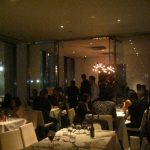| For Immediate Release: Date: July 7, 2021 Contact: Edgar Chen, Policy Director WASHINGTON- The Coalition of Bar Associations of Color (CBAC) – the Hispanic National Bar Association (HNBA), the National Asian Pacific American Bar Association (NAPABA), the National Bar Association (NBA), and the National Native American Bar Association (NNABA) – together with the National LGBTQ+ Bar Association, and the South Asian Bar Association of North America (SABA-North America) stand united in their support of efforts to foster diversity, equity, and inclusion in continuing legal education (CLE) and in opposition to the Florida Supreme Court’s ruling and amendments to the Florida Bar Rules on diversity requirements for CLE programming. As national organizations dedicated to advancing equality and opportunity for underrepresented and historically marginalized members of the legal profession, diversity, equity, and inclusion are of paramount importance to our communities. Diversity on CLE panels benefits both panelists who are recognized for their expertise, as well as audience members who can be inspired by seeing those with similar backgrounds or experiences serving as role models and educators in the legal profession. Moreover, CLE participants may well benefit from hearing from panelists who bring unique and diverse perspectives that they may not have been exposed to previously. “The objective of the ABA policy and the Florida CLE Diversity Policy is not to exclude anyone, but to ensure inclusion,” argued CK Hoffler, a Florida Bar member and President of the NBA in the NBA’s submission to the Supreme Court. “No one is displaced nor denied an opportunity to participate because of these new policies. African-African attorneys founded the NBA, due in large part because of exclusion. Today, there remains a need to ensure the inclusion of African American attorneys in the legal field and include African American attorneys in the discussion of legal issues.” “As bar associations dedicated to the advancement of equality and opportunity for APA attorneys, NAPABA and its Florida affiliates believe it is imperative to feature a diverse range of views, experiences and backgrounds in CLE programs in order to address the critical gaps in mentors, connections and role models that are so important for career advancement,” wrote A.B. Cruz III, President of NAPABA in a joint filing before the Court submitted with Florida-based affiliates. “Panelists benefit from recognition as experts which burnishes their credentials, and audience members can be inspired by witnessing those with similar backgrounds or experiences serving as role models and educators in the profession.” “Diversity is vital to ensuring equal justice under the law and to public confidence in our legal system,” said Elia Diaz-Yaeger, HNBA National President. “If we want to move in the right direction, we must work to ensure a greater diversity across our profession that is representative of the people and communities we represent. That kind of positive change does not happen on its own; it requires bold action and leadership. We urge the Court to clarify its order to permit inclusive diversity policies for CLE courses.” “In Florida, with a Native American population of over 125,000 and two federally recognized tribes, American Indian, Alaska Native, and Native Hawaiian people are grossly underrepresented in the legal profession and strikingly so in the judiciary,” said Colleen Lamarre, President of the National Native American Bar Association. “The ABA policy and the Florida Bar Business Law Section’s CLE Diversity Policy are aimed at ensuring that CLE programing reflects the local population and advances the voices of historically marginalized groups. Representation and visibility through the continuing legal education process is critical to guaranteeing that the voices of indigenous people are heard and that the local and national attorney population, the pipeline of future attorneys, and our clients benefit and learn from interactions with Native American attorneys and their professional and cultural experiences.” “Ensuring that diverse points of view are recognized and promoted throughout the legal profession is a primary goal of the National LGBTQ+ Bar Association,” said Lousene Hoppe, LGBTQ+ Bar Association President. “We support the efforts of the ABA and the Business Law Section of the Florida Bar to foster diversity, equity, and inclusion on CLE panels, and we oppose the Florida Supreme Court’s ruling and amendments to the Florida Bar Rules on diversity requirements for CLE programming.” “SABA North America is committed to diversity, equity, and inclusion in the entire legal profession in North America,” said Samir Mehta, President of SABA North America. “We are committed to seeing this diversity reflected through lawyers of all backgrounds and identities. In Florida, there is only one Asian Pacific American on the federal bench in the entire state and such jurists represent less than one percent of state court judges there. This level of underrepresentation is unacceptable and we look forward to seeing more judges from all marginalized and historically underrepresented backgrounds added, including Asian American and South Asian American judges. In the arena of continuing legal education, we hope that the Florida Supreme Court will recognize that inclusion of different viewpoints will serve as an inspiration for the entire bar. We also hope this will prove that historically underrepresented or marginalized communities are not only welcome, but have much to contribute to our common goal of advancing justice.” With the stated goals to eliminate bias, increase diversity, and implement efforts aimed at recruiting and retaining diverse attorneys, the Business Law Section (BLS) of the Florida Bar set forth a policy preference whereby the BLS would only sponsor, co-sponsor, or seek accreditation for any CLE program that had minimum numbers of diverse panelists, although the policy also had built in flexibility allowing for exemptions in the event that, after a diligent search, diverse panelists could not participate. In April, on its motion, the Florida Supreme Court struck down this policy characterizing it as “tainted by…discrimination,” and analogizing it to university admissions cases where the Supreme Court of the United States prohibited quotas based on race, even though the policy does not exclude or foreclose the participation of any panelist on a CLE program based on race, gender, sexual orientation, disability or any other characteristic. The Florida Supreme Court then re-wrote the Florida Bar rules to prohibit the approval of any CLE programs that use quotas based on race, ethnicity, gender, religion, national origin, disability or sexual orientation of course faculty or participants. The ruling means that licensed Floridian attorneys would be banned from receiving CLE credit for attending an ABA-sponsored CLE program, as the ABA has a similar diversity policy. For more information please contact: HNBA Contact: Daniel Herrera NAPABA Contact: Edgar Chen NBA Contact: Wanda Flowers NNABA Contact: Colleen Lamarre LGBTQ+ Bar Contact: D’Arcy Kemnitz SABA-NA Contact: Jasmine Singh |
###
The Coalition of Bar Associations of Color (CBAC) was established in 1992 and is comprised of the Hispanic National Bar Association (HNBA), the National Asian Pacific American Bar Association (NAPABA), the National Bar Association (NBA), and the National Native American Bar Association (NNABA). The HNBA is an incorporated, nonprofit, nonpartisan, national membership organization that represents the interests of more than 67,000 Hispanic legal professionals and as well as the close to 13 percent of law students enrolled in ABA accredited law schools in the United States and its territories. We are committed to advocacy on issues of importance to the 61 million people of Hispanic heritage living in the U.S. From the days of its founding three decades ago, the HNBA has acted as a force for positive change within the legal profession. It does so by encouraging Hispanic students to choose a career in the law and by prompting their advancement within the profession once they graduate and start practicing. Through a combination of issue advocacy, programmatic activities, networking events and educational conferences, the HNBA has helped generations of lawyers succeed. For more information about HNBA, visit www.hnba.com.
The National Asian Pacific American Bar Association (NAPABA) represents the interests of over 60,000 legal professionals and nearly 90 national, state, and local Asian Pacific American bar associations. NAPABA is a leader in addressing civil rights issues confronting Asian Pacific American communities. Through its national network, NAPABA provides a strong voice for increased diversity of the federal and state judiciaries, advocates for equal opportunity in the workplace, works to eliminate hate crimes and anti-immigrant sentiment, and promotes the professional development of people of color in the legal profession. For additional information about NAPABA, visit www.napaba.org.
Founded in 1925, the NBA is the nation’s oldest and largest national network of minority attorneys and judges. It represents approximately 66,000 lawyers, judges, law professors and law students and has over 80 affiliate chapters throughout the United States and around the world. The organization seeks to advance the science of jurisprudence, preserve the independence of the judiciary and to uphold the honor and integrity of the legal profession. For additional information about the National Bar Association, visit www.nationalbar.org.
Founded in 1973, the NNABA serves as the national association for American Indian, Alaska Native, and Native Hawaiian attorneys, judges, law professors and law students. NNABA strives for justice and effective legal representation for all American indigenous peoples; fosters the development of Native American lawyers and judges; and addresses social, cultural and legal issues affecting American Indians, Alaska Natives, and Native Hawaiians. For additional information about NNABA, visit www.nativeamericanbar.org.
The National LGBTQ+ Bar was founded over thirty years ago by a small group of family law practitioners at the height of the HIV/AIDS crisis. In 1987, the idea of creating a gay and lesbian bar association was formally introduced at the Lesbian & Gay March on Washington. The first Lavender Law® Conference took place the following year at the Golden Gate University in San Francisco. In 1989, at the American Bar Association’s Mid-Year meeting, bylaws were presented, and a nonprofit board of directors was formalized. At the second board meeting in 1989 in Boston, the LGBT Bar, then known as the National Lesbian and Gay Law Association (NLGLA), had 293 paid members, and initiated a campaign to ask the ABA to include protection based on sexual orientation to its revision of the Model Code of Judicial Conduct for Judges. In 1992, the LGBT Bar became an official affiliate of the American Bar Association and it now works closely with the ABA’s Section on Individual Rights and Responsibilities and its Committee on Sexual Orientation and Gender Identity. For more information about the LGBTQ+ Bar, visit www.lgbtbar.org.
SABA North America was founded in 2002 to strengthen the rapidly growing South Asian legal community with a recognized and trusted forum for professional growth and development, and promotes the civil rights and access to justice for the South Asian community. With 29 chapters throughout the United States and Canada, SABA attorneys work in all areas of the law, including at large law firms, as in-house counsel, government attorneys, and solo practitioners. SABA hosts an Annual Conference, annual Lobby Day, and numerous other successful programs throughout the year. For more information about SABA North America, visit www.sabanorthamerica.com.


